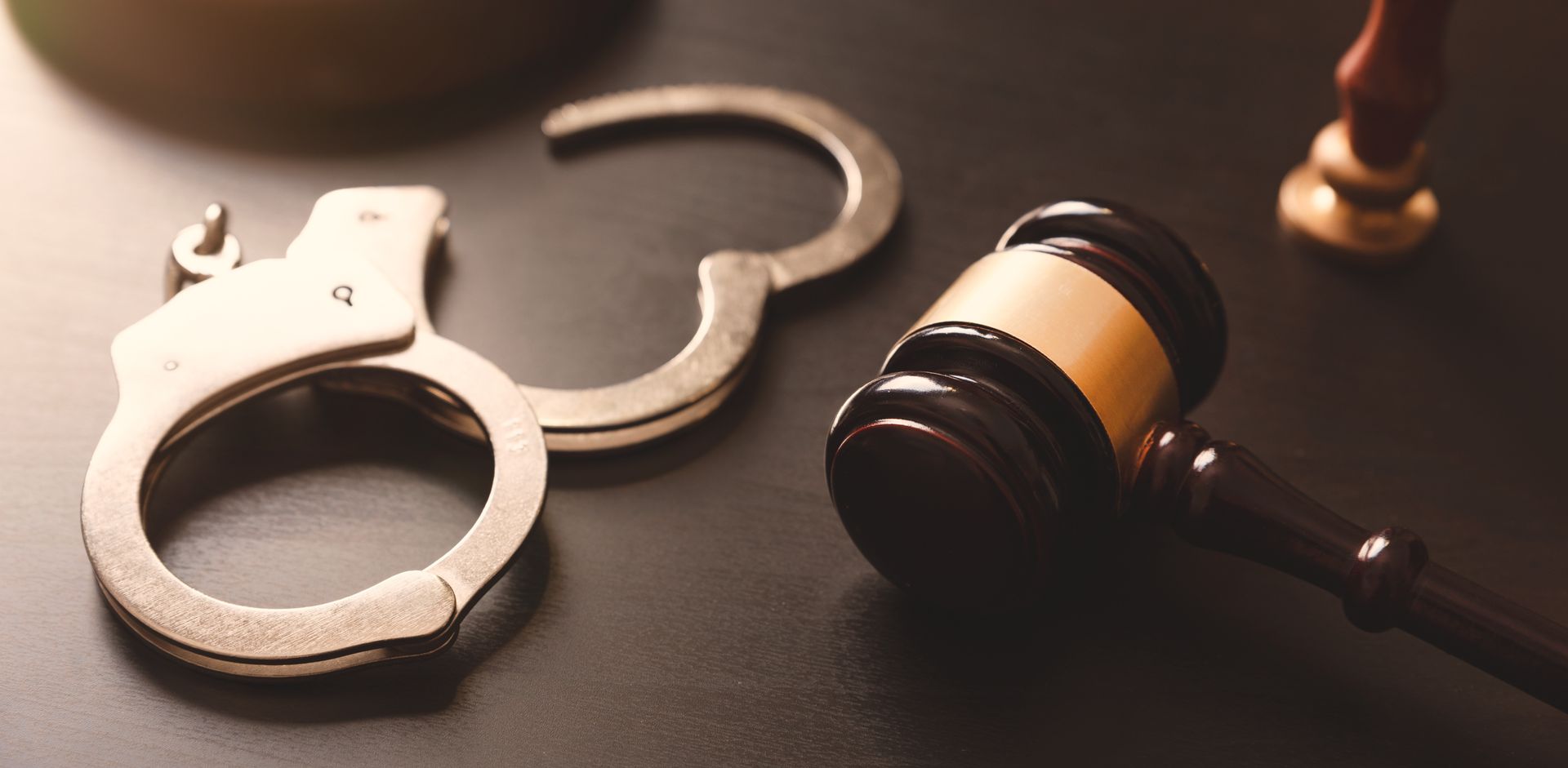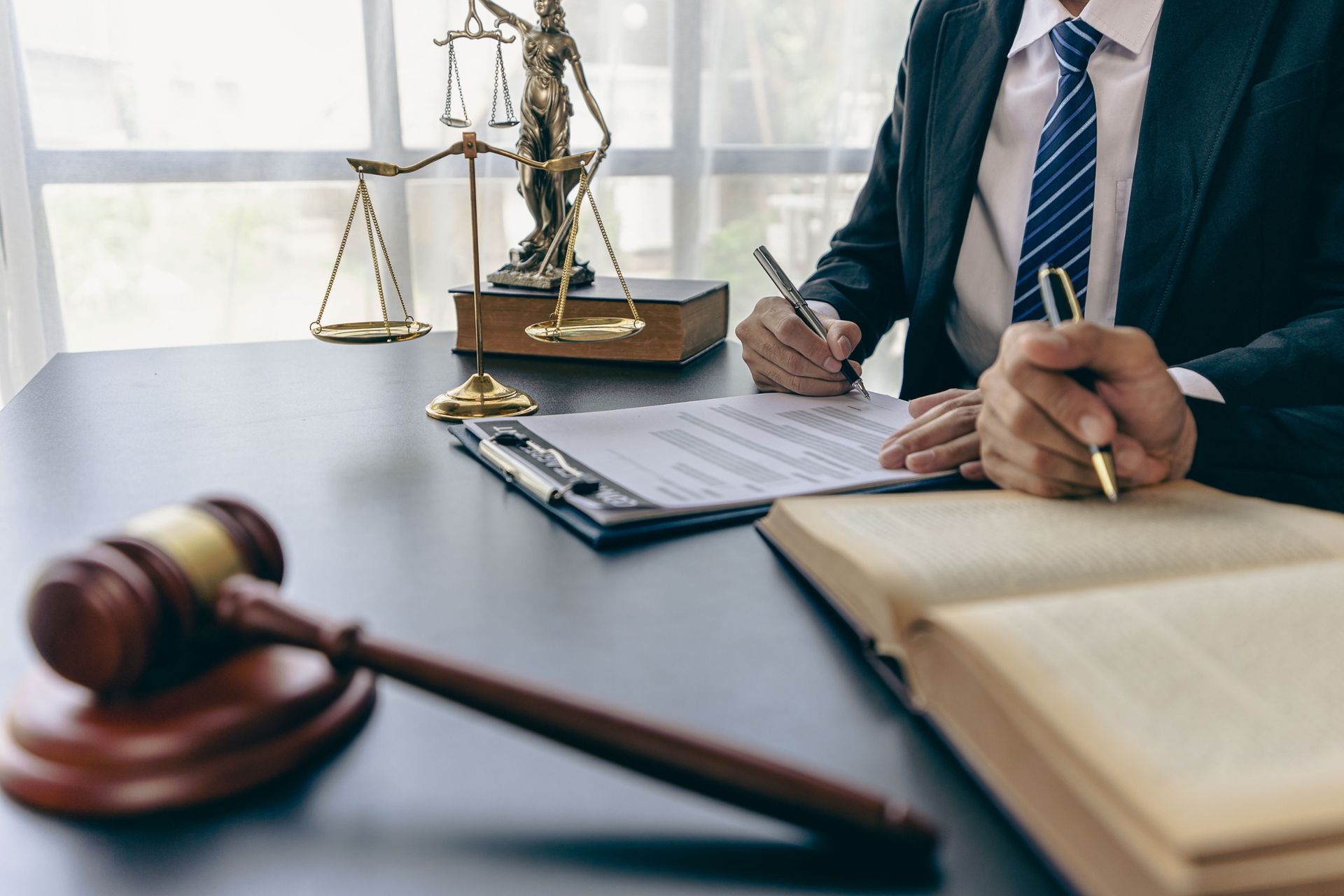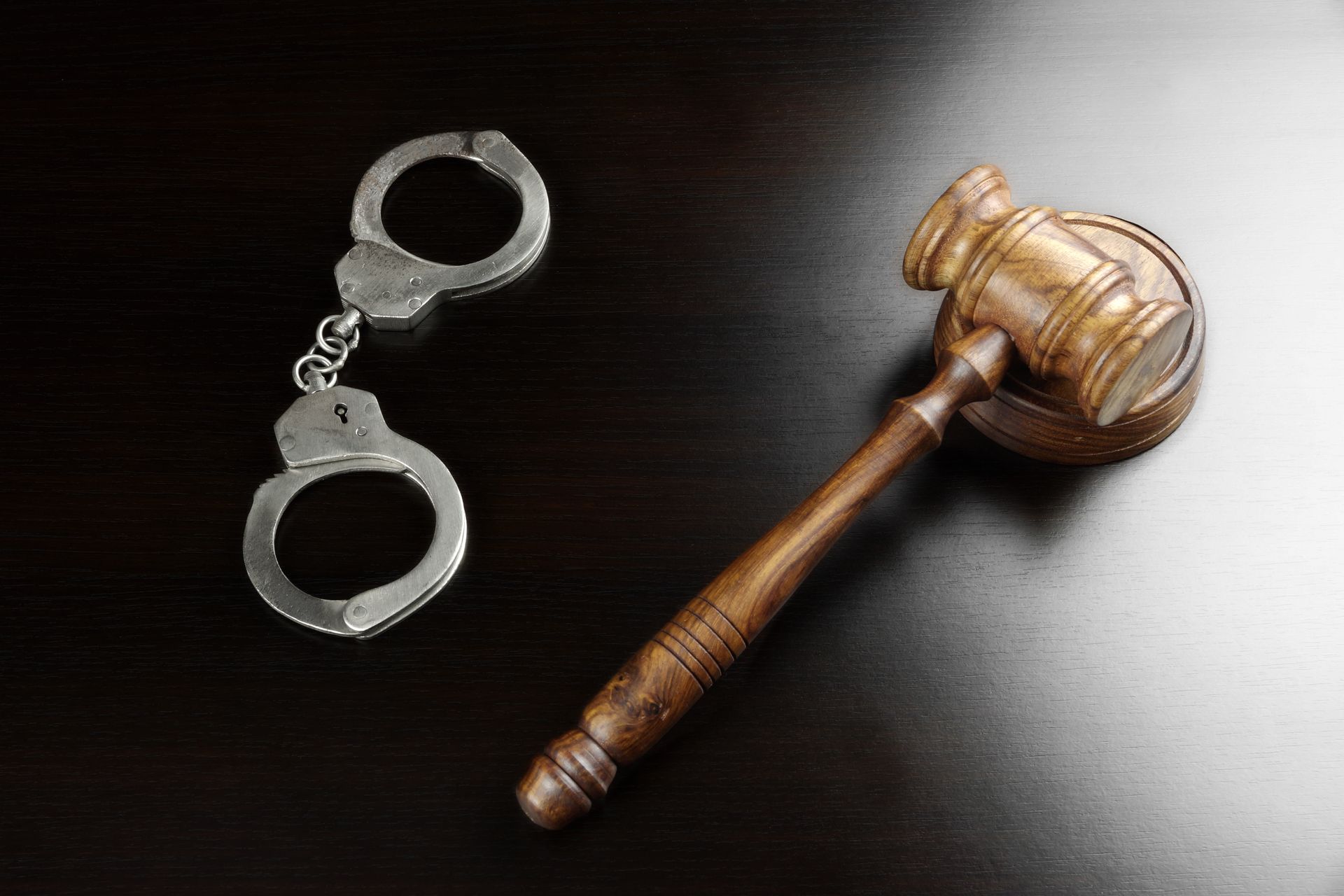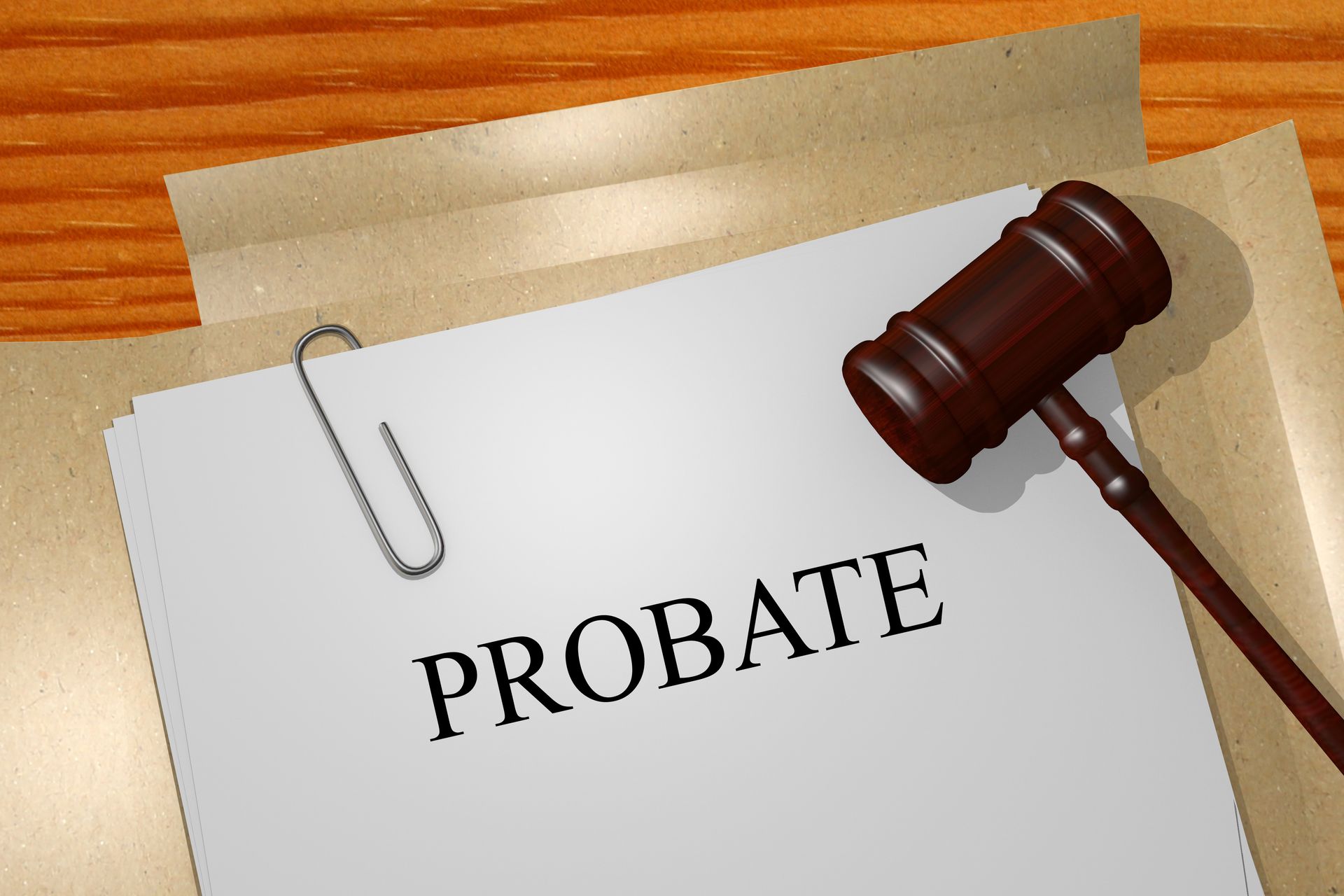Contact Us
Phone: 949-979-7167
Location
15375 Barranca Parkway,
Suite A-208,
Irvine, CA, 92618
Hours
- Mon - Sun
- Open 24 Hours
What Is Considered A Felony?
Facing felony charges is a frightening and stressful experience for anyone. If you're charged with a felony, you need legal representation from an experienced criminal defense attorney who can help you build your case. In the meantime, here's a look at what's considered a felony in the US and the possible consequences of a felony conviction.
What Is a Felony?
In the US, the most serious crimes are classed as felonies. These crimes are considered harmful to society at large and often involve some degree of violence.
There are different levels of felony offenses, and each state classifies felonies differently. Generally, though, a Class A felony is more serious than a Class E felony, for example, and Class 1 felonies are more serious than Class 3 felonies.
Every state has its own rules to determine what makes a crime a felony. However, there are some crimes that are usually always charged as felonies:
- Arson
- Assault with a deadly weapon
- Burglary
- Kidnapping
- Murder
- Rape
"White collar" crimes, like embezzlement and conspiracy, can also be charged as felonies, depending on which state laws apply and how much money is involved.
What Is the Punishment for a Felony?
Felony convictions are serious and usually involve prison time.
- The more serious the conviction, the more likely it will carry a prison sentence.
- In some states, a defendant could face the death penalty if they are found guilty of certain crimes, such as murder.
The punishment shouldn't be more severe than necessary to punish the offender – what's "fair" depends on the crime committed and the case facts.
How Is Sentencing for a Felony Determined?
Often, judges can use some discretion when deciding what sentence to impose for a felony. Here are some of the factors a judge may consider when determining the sentence.
- Criminal record: If the defendant has no criminal record, the judge may be more lenient than if they've committed similar offenses before, for example.
- Harm: The judge can consider the nature of any harm caused to the victim and the level of cruelty involved.
- Remorse: If the defendant fails to show any remorse, the judge could impose a harsher sentence than if they're sorry for what they did.
- Role played: The judge may consider what role the defendant played — e.g., if they only played a minor supporting role or they planned the crime.
- Aggravating factors: Aggravating factors make the offense more serious — for example, threatening the victim with a deadly weapon or using the weapon against them.
The judge can also consider the defendant's age and level of sophistication.
What's the Difference Between Felonies, Misdemeanors, and Infractions?
A felony is a serious crime. However, there are two other categories of offenses — misdemeanors and infractions.
Misdemeanor
Misdemeanors are less serious than felonies but more significant than infractions. Examples of misdemeanors include:
- Assault
- Drunk driving
- Shoplifting
- Trespassing
Across most states, the maximum jail sentence for a misdemeanor is one year in county jail.
Infraction
An infraction is a low-level offense that doesn't involve jail time. The most common infractions are traffic violations such as speeding, and they're punishable with a monetary fine.
What Are the Consequences of a Felony Conviction?
A felony conviction has significant short and long-term consequences.
- A prison sentence means losing your liberty and missing out on precious time spent with loved ones.
- The conviction stays on your criminal record, which could make it harder to find employment after serving the sentence.
- As a convicted felon, you could be barred from certain types of employment.
- You could lose certain rights, such as the right to bear firearms.
Given the severity of a felony conviction, you must seek advice from an experienced criminal defense attorney the moment you're arrested on a felony charge.
Can a Felony Charge Be Reduced?
There are four occasions when a felony charge may be reduced to a misdemeanor.
Wobbler Crime
Some crimes are "wobblers," meaning the prosecution has the discretion to charge it as a misdemeanor or a felony. Examples include vehicular manslaughter, assault with a deadly weapon, and money laundering.
Plea Bargain
A plea bargain means the prosecutor agrees to charge the defendant with a lesser crime (such as a misdemeanor), or recommend a lighter punishment, in exchange for a "no contest" or guilty plea.
Probation
It's sometimes possible to have a felony reduced to a misdemeanor after the defendant completes probation. However, this is only an option if the defendant is sentenced to probation rather than jail.
Diversion Program
On some occasions, charges may be reduced if the defendant pleads guilty and agrees to attend a program. These programs are designed to rehabilitate people after offenses like DUI and drug possession.
To protect your legal rights and best interests, never plead guilty or agree to a plea bargain before discussing your case with a criminal defense attorney.
Can a Felony Charge Be Dropped?
The prosecution must prove the defendant committed a crime beyond a reasonable doubt. If there's insufficient evidence to prove the person committed a crime, the charges may be dropped entirely.
A criminal defense attorney can review the evidence and advise whether there's a chance of having the charges dismissed.
Does a Felony Stay on Your Record?
Normally, a felony conviction stays on someone's criminal record for life. It may be possible to have the conviction expunged, meaning it's removed from the record, or sealed, so it's hidden from public view. However, every state handles criminal procedure differently, and so not all felony convictions can be removed.
An experienced criminal defense attorney can explain what options are available based on the facts of your case.
What Should I Do If I'm Facing Felony Charges?
If you're facing felony charges, hire a criminal defense attorney immediately. An experienced defense attorney can evaluate your case, explain what could happen next, and determine the best way to defend the charges.
A felony conviction has serious long-term consequences, so don't try to handle these charges alone. Contact an attorney now for legal advice.





Free Initial Consultation
Contact Us Today
Homepage FCE Form
We will get back to you as soon as possible.
Please try again later.
Contact Us
We will get back to you as soon as possible.
Please try again later.
By submitting this form, you agree to be contacted by our law firm, either by phone, text or by email.
Practice Areas
Hours
- Mon - Sun
- Open 24 Hours
All info submitted will be kept confidential and private. We will contact you via e-mail or phone for an initial free consultation with one of our attorneys. An attorney-client relationship is not established by submitting this initial contact information to our office, but can only be formed upon execution of an attorney-client agreement by the parties.
All Rights Reserved | Grant Law, A Professional Law Corporation | Powered By Convert It Marketing | Privacy Policy
All Rights Reserved | Grant Law, A Professional Law Corporation | Powered By Convert It Marketing | Privacy Policy





